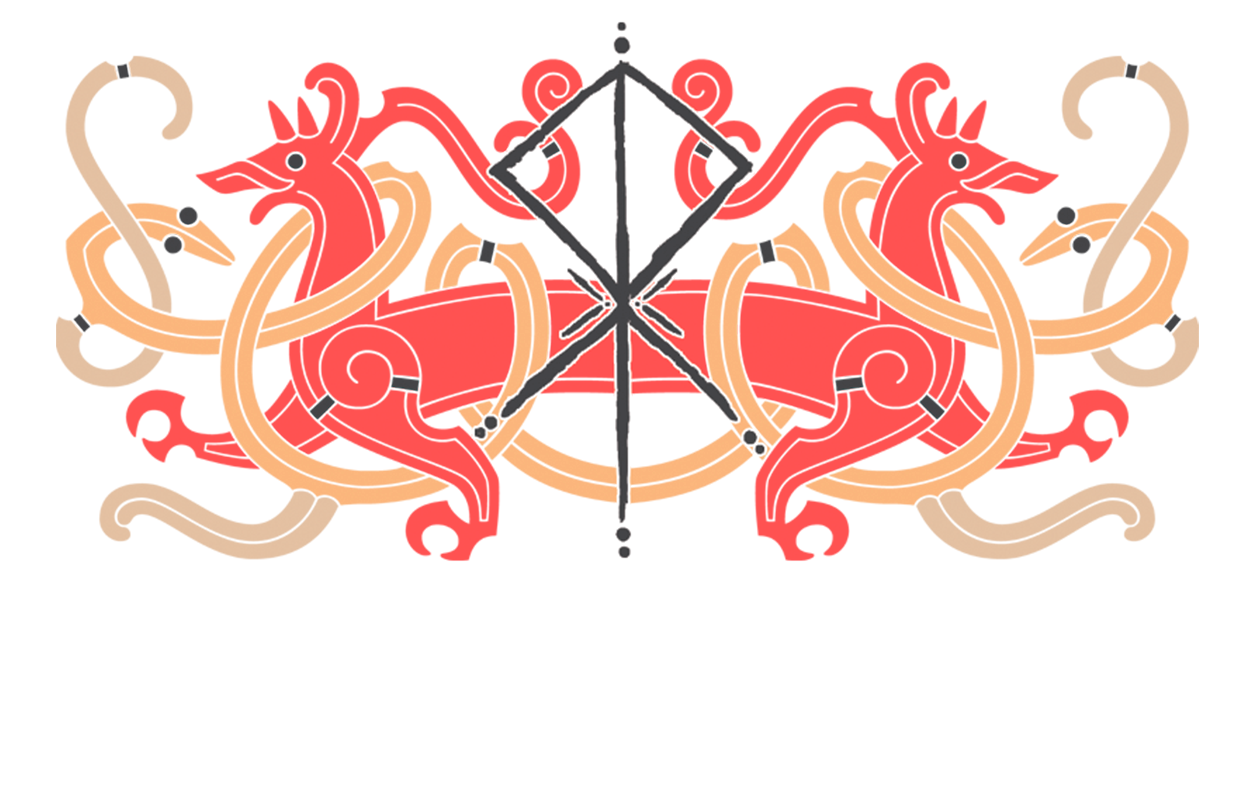Immerse yourself in the world of the Vikings, a time when courage and discovery shaped history. This saga begins with the fall of Harald Hardrada at the Battle of Stamford Bridge in 1066, marking the end of an era, but also the beginning of a legacy that still resonates today.

 Harald Hardrada, King of Norway, met his end in 1066 during the Battle of Stamford Bridge, a turning point which symbolically marked the end of the Viking era. However, the impact of the Vikings on the world is not limited to this date. Their influence extends far beyond, weaving a complex and lasting legacy.
Harald Hardrada, King of Norway, met his end in 1066 during the Battle of Stamford Bridge, a turning point which symbolically marked the end of the Viking era. However, the impact of the Vikings on the world is not limited to this date. Their influence extends far beyond, weaving a complex and lasting legacy.  The intervention of the Vikings in Anglo-Saxon England upset the balance of power between the kingdoms. Their conquest accelerated the formation of a unified England, foreshadowing the birth of a British empire that would shape the modern world.
The intervention of the Vikings in Anglo-Saxon England upset the balance of power between the kingdoms. Their conquest accelerated the formation of a unified England, foreshadowing the birth of a British empire that would shape the modern world. 
 The current kingdoms of Denmark, Sweden and Norway owe their origin to the Viking Age. The Vikings' conversion to Christianity also had a profound impact, placing them at the heart of the power dynamics of Christian Europe.
The current kingdoms of Denmark, Sweden and Norway owe their origin to the Viking Age. The Vikings' conversion to Christianity also had a profound impact, placing them at the heart of the power dynamics of Christian Europe.  The Vikings, known as the Rus, played a crucial role in the formation of Eastern Europe. From their exchanges and raids along the river routes, they left an important cultural and political legacy, influencing the birth of Russia and Belarus.
The Vikings, known as the Rus, played a crucial role in the formation of Eastern Europe. From their exchanges and raids along the river routes, they left an important cultural and political legacy, influencing the birth of Russia and Belarus. 
 Beyond conquest, the Vikings were skilled traders. Their trade routes stretched from Newfoundland to Baghdad, contributing to Europe's economic renaissance after the fall of the Roman Empire.
Beyond conquest, the Vikings were skilled traders. Their trade routes stretched from Newfoundland to Baghdad, contributing to Europe's economic renaissance after the fall of the Roman Empire.  Long before Christopher Columbus, the Vikings set foot on the lands of North America. Their voyages of exploration and colonization to Iceland and Greenland paved the way for significant cultural and geographic interactions.
Long before Christopher Columbus, the Vikings set foot on the lands of North America. Their voyages of exploration and colonization to Iceland and Greenland paved the way for significant cultural and geographic interactions. 
 Traces of the Vikings are visible in Norman toponymy. Many towns come from Viking names: Dieppe (deep town), Yport (port town), Crosville (boat town), Caudebec (stream), Tôtes (farm).
Traces of the Vikings are visible in Norman toponymy. Many towns come from Viking names: Dieppe (deep town), Yport (port town), Crosville (boat town), Caudebec (stream), Tôtes (farm). 
Vikings who chose to settle often integrated into the local population. This assimilation has enriched the English language with many words of Nordic origin, covering a wide range of concepts, from war to everyday life.

 The days of the week in English still bear traces of the Viking gods: Tuesday of Týr, Wednesday of Odin, Thursday of Thor and Friday of Frigg.
The days of the week in English still bear traces of the Viking gods: Tuesday of Týr, Wednesday of Odin, Thursday of Thor and Friday of Frigg.  The Vikings established the first forms of democracy with Althing in Iceland and Tynwald on the Isle of Man. These representative assemblies were precursors of the modern democratic system.
The Vikings established the first forms of democracy with Althing in Iceland and Tynwald on the Isle of Man. These representative assemblies were precursors of the modern democratic system.  Skiing, the modern comb, and the longship are some of the many innovations attributed to the Vikings. Their navigational skills, including the use of a magnetic compass, placed them at the forefront of maritime exploration.
Skiing, the modern comb, and the longship are some of the many innovations attributed to the Vikings. Their navigational skills, including the use of a magnetic compass, placed them at the forefront of maritime exploration. The Viking Age, although long gone, continues to shape our world. Their legacy, cultural, political and technological, is a vibrant reminder of the profound impact of this bold people on the course









Leave a comment
This site is protected by hCaptcha and the hCaptcha Privacy Policy and Terms of Service apply.